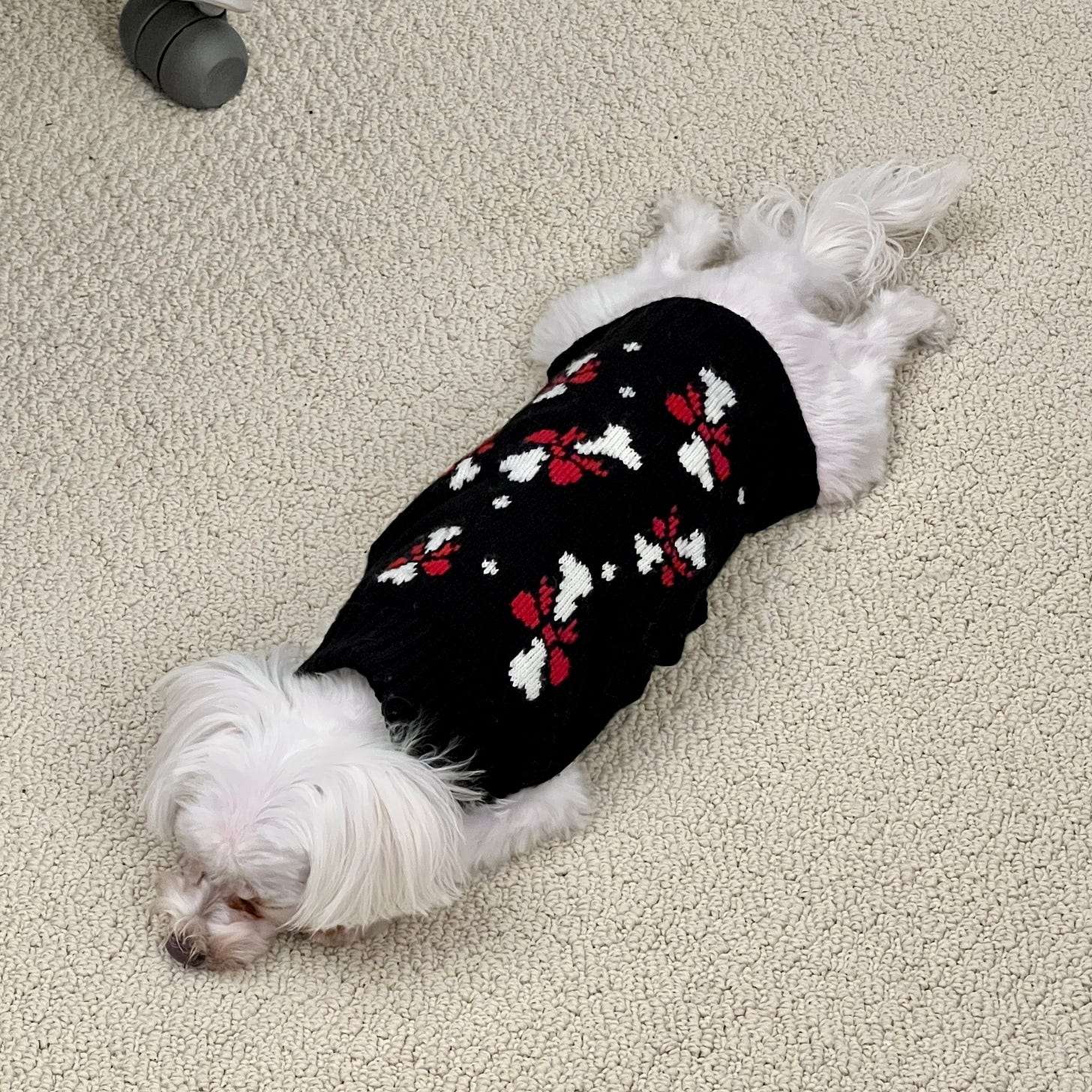015: Digesting > Ingesting
Part 2 to last week's thoughts on inspiration... and no, this isn't about gut health
Written under a fluffy fur throw, sipping on osmanthus oolong tea. So cozy.
Last week, I wrote about finding inspiration—ways that I expose myself to new content, get the creative juices flowing, and find ideas that pique my interest. Some refer to this as the “information diet,” and it’s been a longstanding trend to carefully curate what media we consume online, as one might eliminate junk from a food diet.
While there’s merit in choosing nutritionally dense “food” to consume, we too often overlook the importance of digestion: the process of breaking down food, pulling out the nutrients, and choosing what to absorb and throw away. It’s a slow but necessary process for our bodies, as only after digesting do we have enough energy to continue in the next day.
Similarly, idea digestion is also critical. If we intake too much content but can’t process it, we feel overloaded and weary. When we only take in the thoughts of others, we give away the space for our own opinion. Only after we finish processing do we gain the clarity to determine what we believe and are able to grow.
Lastly, idea digestion can only happen through action—specifically, creative action.1 I define this loosely as any act where you create something from nothing, whether it’s making a statement through an art piece, building a product from scratch, or privately journaling about what you’ve learned. When you’re given a blank slate to start, you’re forced to pull from all the tools, references, and experiences in your mind. It’s self-expression in its purest form.
In all earnestness, I’m often surprised by what pops up when I create: personal insecurities, news and/or propaganda, editorials and hot takes, popular gossip that may or may not be true. It’s only through this audit do I realize how many messages I internalize, often without knowing, and almost always without choosing what to take with me and what to throw away.
That’s why digestion is so much more important than ingestion. We might discover loads of inspiration from research, but until we actually put our pen to the paper, we have nothing that truly belongs to us. Only through action do we actually begin tapping into the raw materials to find what we want to create.
And yes—action is difficult, especially when it also requires consistency. How many of us have had great ideas, only to have them wither from lack of follow through? I have so many examples in my life:
I started this Substack (originally about food) in 2019 and brainstormed over 60 ideas for future posts, but didn’t touch it for 2 years (until August 2022) out of fear of rejection.
I wanted to start a tea company early in my sabbatical. I bought tea and experimented with blends, but didn’t like them enough. Overwhelmed by the startup cost, I didn’t feel strongly enough to push through my block.
In college, my friend Fay and I thought about starting a poke food truck, before all the hype. (We cleverly were going to name it The Pokenom Center.) I remember getting excited and then getting too busy with school.
When action falls short of ideas and inspiration, there’s only missed potential—something awesome that never gets actualized.
I now know for me, nothing feels more depressing than unrealized potential. It’s a passive concession to stagnancy, a story arc that never gets explored and thereby can never resolve. It’s a feeling of stuckness, without admitting that I’m stuck. It’s the quiet self-rejection, my choice to say that everything is more important than what I’m trying to tell myself.
On the contrary, when I synthesize these ideas and commit them to paper, I surprise myself with how much insight I gain. It requires discipline to intentionally make and commit time to think about what I’ve learned, but I believe wisdom and clarity only come when we’ve processed the past.
"I write entirely to find out what I’m thinking, what I’m looking at, what I see and what it means.” - Joan Didion
Similarly, the beauty of creative expression is that I can invite others to understand my perspective. That becomes the next challenge: in addition to the discipline of creating consistently, I must also express my thoughts clearly so that I don’t confuse myself and those around me. (Perhaps that’s why I’m so frustrated when my skill doesn’t match my taste. It risks me being misunderstood when I’m trying to be vulnerable.)
It’s an inefficient process, for sure: to tinker with words until I land the message I want, to deal with the discomfort when I don’t, to decide to try again despite my bruised ego. However, if I can’t own my words and thoughts, I may as well be sleepwalking through life: disconnected from the present and content to consume without conviction.
So, to better build the discipline of processing and creating my own thoughts, I’ll remind myself: Just pick up a pen, and write. Becoming your own agent is worth the hard work.
Liked this? Consider helping me by sharing it on social media or liking/commenting/cross-posting within Substack. I appreciate your readership and support!
As a bonus: Here’s the first paragraph(?) to what I might turn into a prose poem or flash fiction piece, inspired by a strange dream I had yesterday afternoon. I usually ignore and forget my dreams, but I was so fired up from writing this week’s post that I dropped everything and just wrote.
A minor note on processing via therapy: Therapy also helps us process, but is ultimately a vehicle to free us from things that hold us back. While therapy can give you courage or help provide closure about past trauma, I don’t believe it can substitute for creative action (and vice versa).




